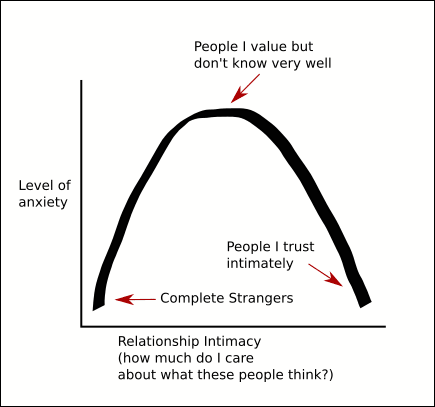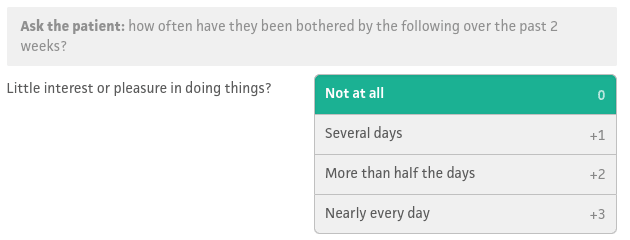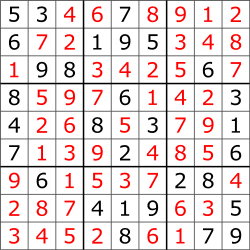What TMS is like
There are two nuclear options for treating depression: Ketamine and TMS; This post is about the latter. TMS stands for Transcranial Magnetic Stimulation. Basically, it fixes depression via magnets, which is about the second or third most magical things that magnets can do. I don’t know a whole lot about the neuroscience - this post isn’t about the how or the why. It’s from the perspective of a patient, and it’s about the what. What is it like to get TMS? TMS The Gatekeeping For Reasons™, doctors like to gatekeep access to treatments, and TMS is no different. To be eligible, you generally have to have tried multiple antidepressants for several years and had them not work or stop working. Keep in mind that, while safe, most antidepressants involve altering your brain chemistry and do have side effects. Since TMS is non-invasive, doesn’t involve any drugs, and has basically little to no risk or side effects, doctors want to make sure that you’ve tried everything else first. (I suppose if the American healthcare system made sense, a lot of people would be out of the job.) In any case, when I applied for the treatment (after talking to my psychiatrist about it), I went to a clinic that does the treatment, and in the first appointment went through the standard rigmarole with insurance information and medical history. In order to be eligible, I had to complete a form indicating my history with antidepressants (I’ve tried several), and some other surveys to indicate how depressed I was (very). After being informed I was a good candidate for the treatment, I scheduled an initial session with a doctor, which would include a motor threshold test. Motor Threshold Test Given that the entire treatment revolves around stimulating one’s brain with a magnetic field, the question comes up: how do they know what region of the brain to stimulate, and where it is in your skull? Also, how do they know how powerful to make the magnetic field? The answer does not involve an M




I agree that most people are aware that parks and wilderness are different. That being said, I think most people, when they make appeals to nature, are picturing the park, or something similar. If they're picturing a real forest, they're not picturing one where people get eaten by wolves very often.
I'm contending that natural has only become desirable as humans adapted nature to their desires, so appeals to nature are often not arguments in favor of, as you would put it, true wilderness.
Conservationism - wanting there to be genuine places where humanity doesn't go - isn't a bad thing at all, nor is having many different options along the scale of how... (read more)